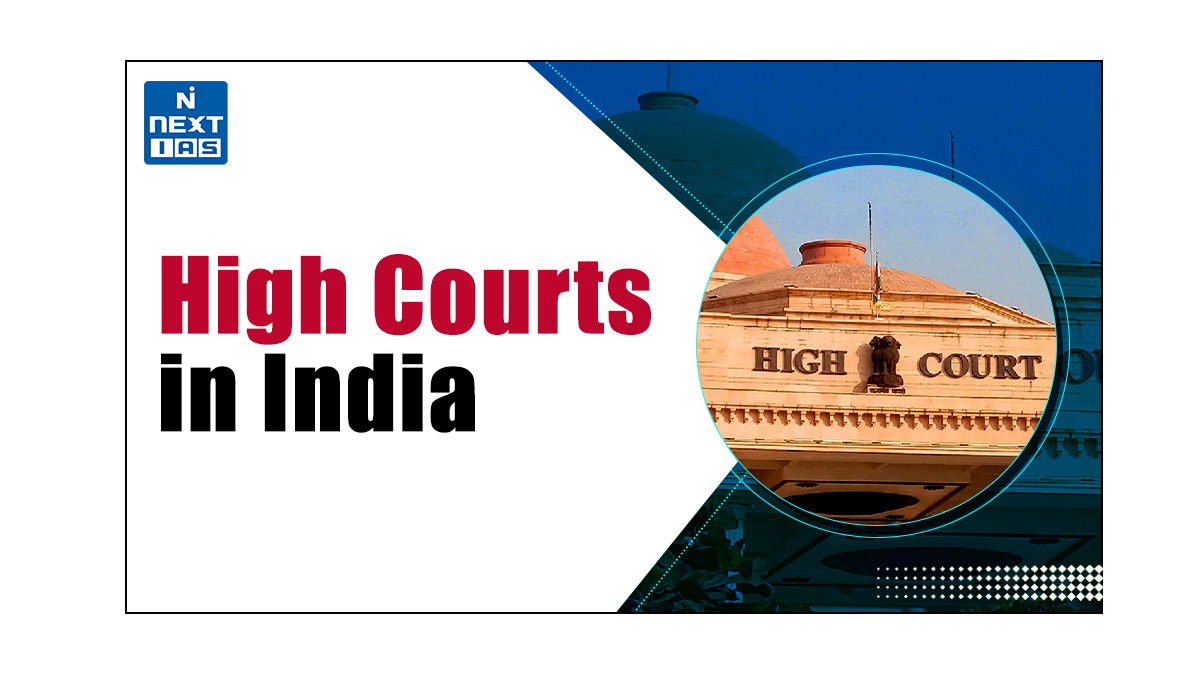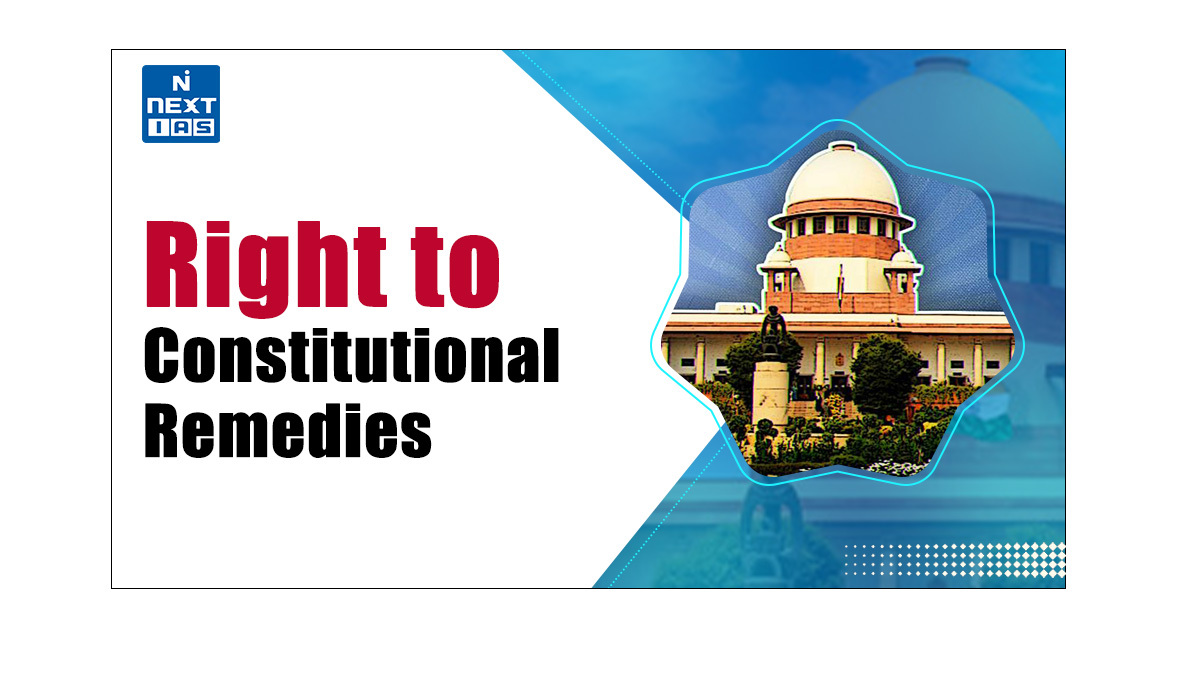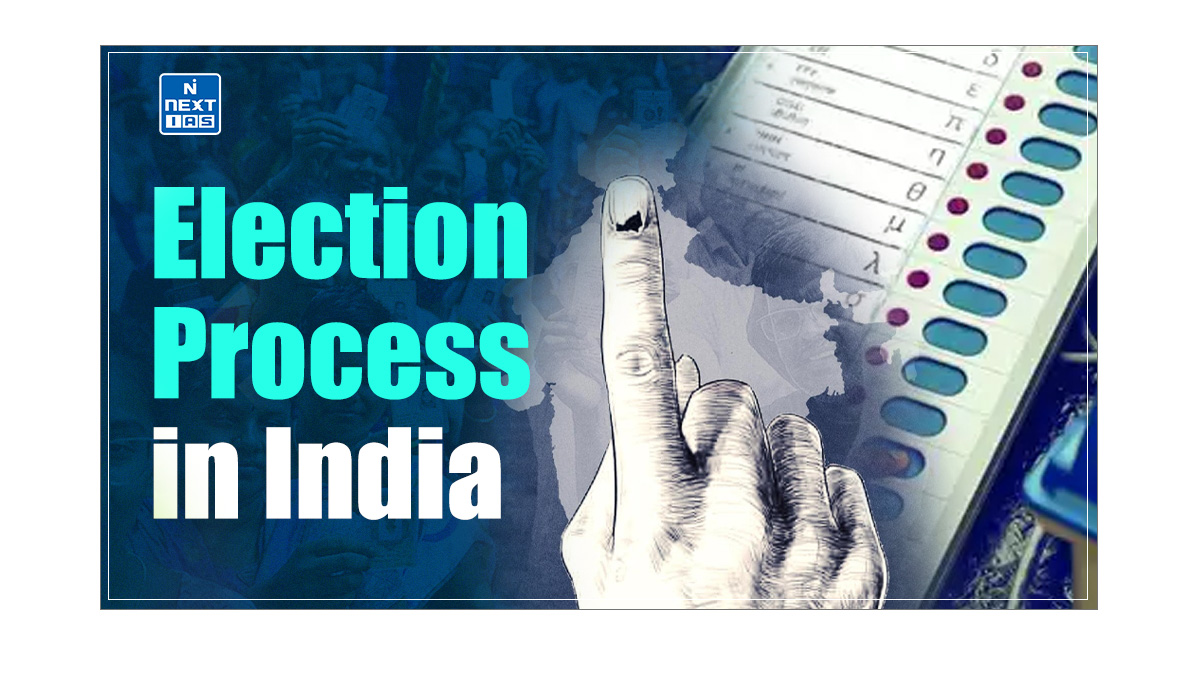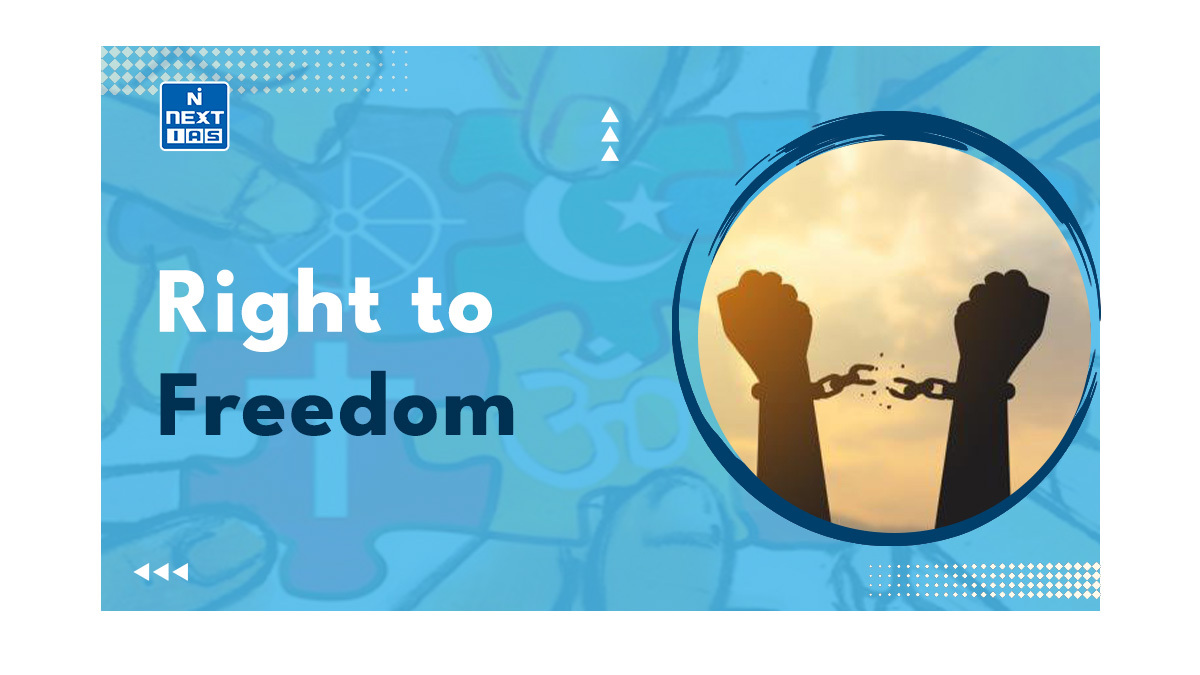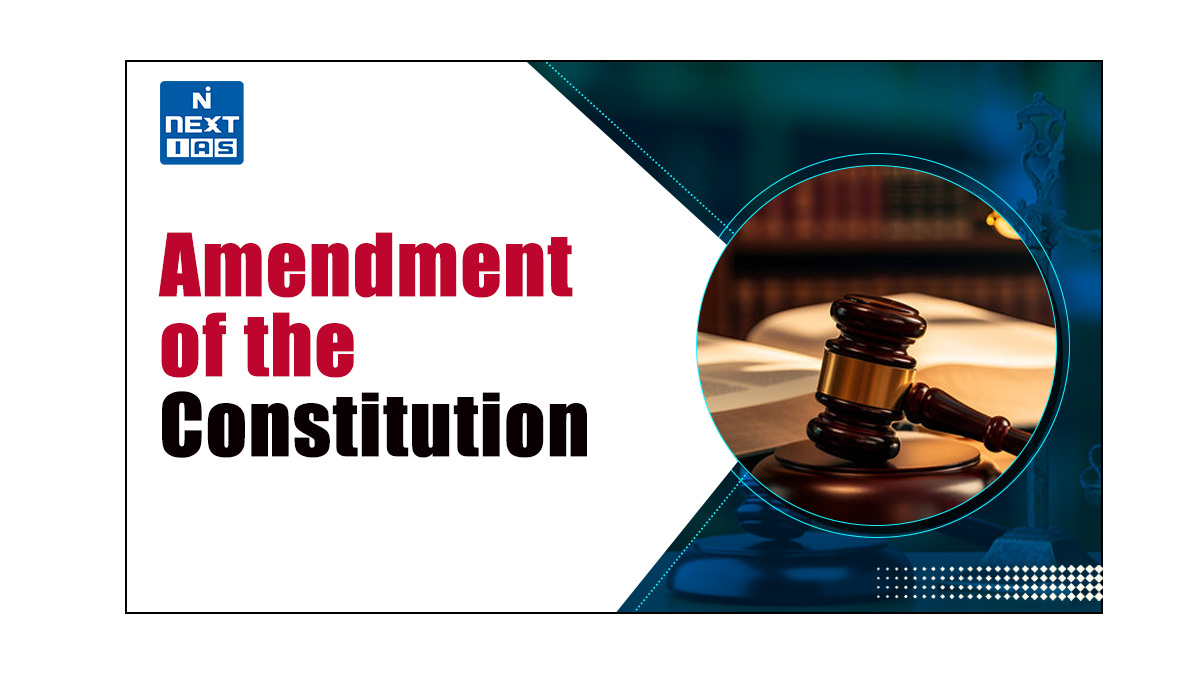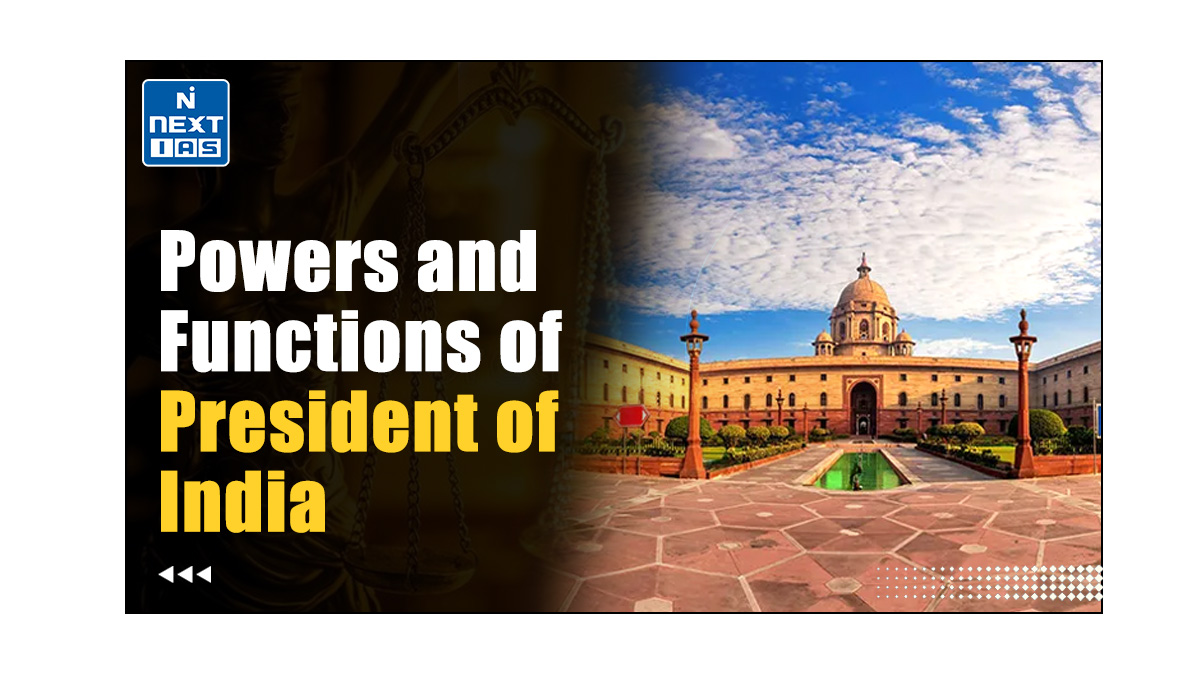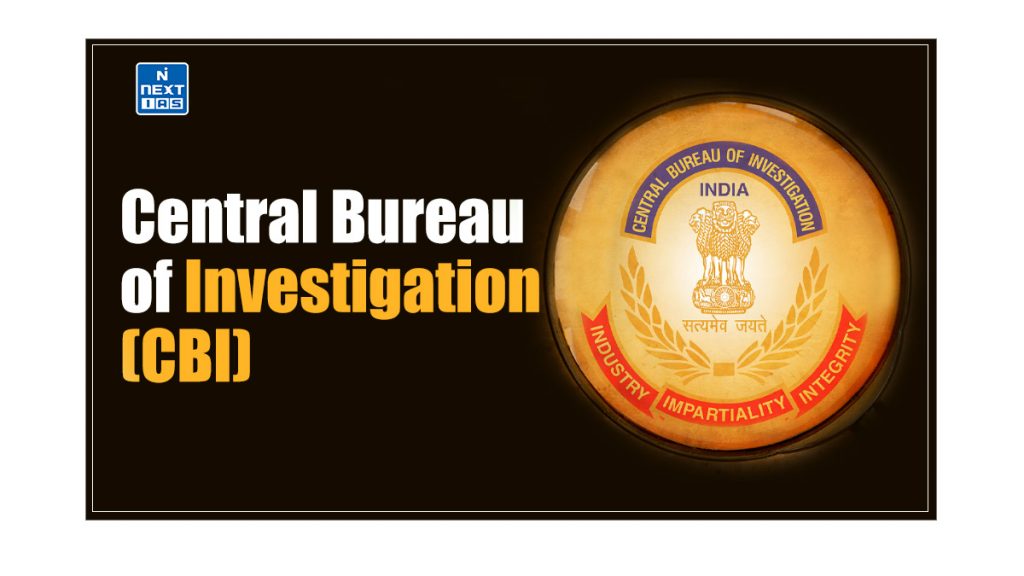
The Central Bureau of Investigation (CBI) stands as India’s premier investigative agency, known for its role in combating corruption, economic offenses, and significant criminal cases. Although surrounded by some criticisms and controversies, the CBI has evolved to become a symbol of integrity and thoroughness in law enforcement. This article of Next IAS aims to study in detail the Central Bureau of Investigation (CBI), its composition, structure, functions, challenges, and suggested reforms to enhance its effectiveness.
About Central Bureau of Investigation (CBI)
- The Central Bureau of Investigation (CBI) is a multidisciplinary investigation agency of the Government of India that investigates corruption-related cases, economic offences, and cases of conventional crime.
- As India’s foremost investigative agency, it provides a centralized mechanism for high-quality investigations.
Establishment of Central Bureau of Investigation
- The origin of the Central Bureau of Investigation (CSI) goes back to 1941 when the Government of India set up the Special Police Establishment to investigate cases of bribery and corruption in transactions with the War and Supply Department of India during World War II.
- Even after the War, the need for a Central Government agency was felt to investigate cases of bribery and corruption by Central Government employees.
- Accordingly, the Delhi Special Police Establishment Act was brought into force in 1946, which transferred the superintendence of the Special Police Establishment to the Home Department and its functions were enlarged to cover all departments of the Government of India.
- Later, the Central Bureau of Investigation (CBI) was established in 1963 by a resolution of the Ministry of Home Affairs, Government of India.
- Through this resolution itself, the Delhi Special Police Establishment (DSPE) was merged with the CBI and made one of the divisions of the CBI.
- Later, the CBI was transferred from the purview of the Ministry of Home Affairs to the Ministry of Personnel, Public Grievances and Pensions.
| – Since the Central Bureau of Investigation (CBI) has been established by a resolution of the Ministry of Home Affairs, it is neither a constitutional body nor a statutory body. – The CBI derives its powers from the Delhi Special Police Establishment Act of 1946. |
Motto of Central Bureau of Investigation (CBI)
The Motto of the Central Bureau of Investigation (CBI) is “Industry, Impartiality and Integrity”.
Mission of Central Bureau of Investigation
The Mission of the Central Bureau of Investigation (CBI) is:
- To uphold the Constitution of India and the law of the land through in-depth investigation and successful prosecution of offenses,
- To provide leadership and direction to police forces and to act as the nodal agency for enhancing inter-state and international cooperation in law enforcement.
Vision of Central Bureau of Investigation
The Vision of the Central Bureau of Investigation (CBI) is:
- To combat corruption in public life, curb economic and violent crimes through meticulous investigation and prosecution.
- To evolve effective systems and procedures for successful investigation and prosecution of cases in various law courts.
- To help fight cyber and high technology crimes.
- To create a healthy work environment that encourages team-building, free communication, and mutual trust.
- To support state police organizations and law enforcement agencies in national and international cooperation, particularly relating to inquiries and investigation of cases.
- To play a lead role in the war against national and transnational organized crime.
- To uphold human rights, and protect the environment, arts, antiques, and heritage of our civilization.
- To develop a scientific temper, humanism, and the spirit of inquiry and reform.
- To strive for excellence and professionalism in all spheres of functioning so that the organization rises to high levels of endeavor and achievement.
Composition of Central Bureau of Investigation (CBI)
The composition of the CBI includes various ranks of officials to ensure its effective functioning, including:
- The Director of CBI
- Special Director(s),
- Additional Director(s),
- Joint Directors,
- Deputy Inspector-Generals,
- Superintendents of Police (SP),
- All other usual ranks of police personnel,
- Forensic Scientists, and
- Law Officers.
Director of Central Bureau of Investigation
- The Director of CBI or the CBI Director is the head of the Central Bureau of Investigation (CBI) and is responsible for the administration of the organization.
- The Director of CBI also acts as the Inspector General of Police of the Delhi Special Police Establishment (DSPE).
Appointment of Director of Central Bureau of Investigation (CBI)
- The Lokpal and Lokayuktas Act, 2013 amended the Delhi Special Police Establishment Act, 1946. As per this amendment, the Central Government shall appoint the Director of CBI on the recommendation of a three-member committee consisting of:
- The Prime Minister as Chairperson
- The Leader of Opposition in the Lok Sabha, and
- The Chief Justice of India (CJI) or a Judge of the Supreme Court nominated by the CJI.
- Later, the Delhi Special Police Establishment (Amendment) Act, 2014 made one change in the composition of the committee related to the appointment of the Director of CBI.
- Where there is no recognized Leader of Opposition in the Lok Sabha, then the leader of the single largest opposition party in the Lok Sabha would be a member of that committee.
Tenure of Director of Central Bureau of Investigation (CBI)
- As per the CVC Act, 2003, the Director of CBI has a fixed tenure of 2 years.
- The Delhi Special Police Establishment (Amendment) Act, 2021 provides for the extension of the tenure of the Director of CBl from 2 years to up to 5 years. However, the following points are to be noted w.r.t. this extension:
- The extension can be given up to 1 year at a time.
- No such extension is possible after the completion of a period of 5 years in total, including the 2-year period of the initial appointment.
- Thus, in total, he/she can be given three annual extensions.
- Such extensions may be granted in the public interest, on the recommendation of the Committee related to the initial appointment, and for the reasons to be recorded in writing.
Appointment of Other CBI Officials
As per the Delhi Special Police Establishment Act, 1946, as amended by the Lokpal and Lokayuktas Act, 2013, the officers of the rank of Superintendent of Police (SP) and above in the CBI (except the Director of CBI) are appointed by the Central Government on the recommendation of a committee consisting of:
- The Central Vigilance Commissioner as Chairperson,
- The Vigilance Commissioners,
- The Secretary of the Home Ministry, and
- The Secretary of the Department of Personnel.
Administrative Control over CBI
- Overall, the CBI functions under the administrative control of the Department of Personnel, Ministry of Personnel, which falls under the Prime Minister’s Office (PMO).
- However, the enactment of the CVC Act, 2003 made one change w.r.t. administrative control over the Delhi Special Police Establishment (DSPE), which is one of the divisions within the CBI.
- As per the CVC Act of 2003:
- The superintendence of Delhi Special Police Establishment (DSPE) vests with the Central Government.
- However, w.r.t. investigations of offenses under the Prevention of Corruption Act, 1988, the superintendence over the Delhi Special Police Establishment (DSPE) vests with the Central Vigilance Commission (CVC).
Organizational Structure of Central Bureau of Investigation (CBI)
The Central Bureau of Investigation (CBI) consists of several divisions and units which perform a specialized function. The overall structure of the CBI can be seen as follows:
Directorate of Prosecution
- Lokpal and Lokayuktas Act, 2013 amended the Delhi Special Police Establishment Act, 1946, and established a Directorate of Prosecution for conducting the prosecution of cases under the Lokpal and Lokayuktas Act, 2013.
- The Directorate of Prosecution is headed by a Director of Prosecution.
- The Director of Prosecution is appointed by the Central Government on the recommendation of the Central Vigilance Commission and functions under the overall supervision and control of the Director of CBI.
Functions of Central Bureau of Investigation (CBI)
The functions of the Central Bureau of Investigation (CBI) are:
- To investigate the cases of corruption, bribery, and misconduct of Central Government employees.
- To investigate the cases relating to infringement of fiscal and economic laws, that is, breach of laws concerning export and import control, customs and central excise, income tax, foreign exchange regulations and so on.
- To investigate serious crimes, having national and international ramifications, committed by organized gangs of ‘professional criminals’.
- To coordinate the activities of the anti-corruption agencies and the various State Police Forces.
- To take up any case of public importance for investigation at the request of a State Government.
- To maintain crime statistics and disseminate criminal information.
| Note: The Central Bureau of Investigation (CBI) acts as the “National Central Bureau” of Interpol in India. The Interpol Wing of the CBI coordinates requests for investigation-related activities originating from Indian law enforcement agencies and the member countries of Interpol. |
Jurisdiction of CBI
- The CBI undertakes investigation of cases related to corruption, economic offenses, as well as conventional crimes.
- However, it, normally, confines its activities to the anti-corruption field to offenses committed by the employees of the Central Government and Union Territories (UTs) and their Public Sector Undertakings (PSUs).
- It takes up the investigation of conventional crimes like murder, kidnapping, rape, etc, on reference from the state governments or when directed by the Supreme Court/High Courts.
Provision of Prior Permission
- The Central Bureau of Investigation (CBI) is required to obtain the prior approval of the Central Government before conducting any inquiry or investigation into an offence committed by officers of the rank of Joint Secretary and above in the Central Government and its authorities.
- However, in 2014, a Constitution Bench of the Supreme Court held that Section 6A of the Delhi Special Police Establishment Act, which makes prior sanction mandatory for the CBI to conduct a probe against officers of the rank of Joint Secretary and above in corruption cases under the Prevention of Corruption Act, as invalid on the ground of being violative of Article 14.
CBI Vs State Police
- The role of the Delhi Special Police Establishment (being a division of CBI) is supplementary to that of the State Police Forces.
- Along with State Police Forces, the Delhi Special Police Establishment (DSPE) enjoys the concurrent powers of investigation and prosecution for offenses under the Delhi Special Police Establishment Act, 1946.
- However, to avoid duplication and overlapping of cases between these two agencies, the following administrative arrangements have been made:
- The Delhi Special Police Establishment (DSPE) shall take up such cases which are essentially and substantially concerned with the Central Government’s affairs or employees, even if they also involve certain employees of the State Government.
- The State Police force shall take up such cases which are substantially concerned with the affairs and employees of the State Government, even if they also involve certain employees of the Central Government.
- The Delhi Special Police Establishment (DPSE) shall also take up cases against employees of Public Sector Undertakings (PSUs) or statutory bodies established and financed by the Central Government.
General Consent Principle for CBI
The provisions of the Delhi Special Police Establishment Act, 1946 do not enable the CBI to exercise its powers and jurisdiction in any area in a State (not being a railway area) without the consent of the Government of that State.
In other words, the jurisdiction of the CBI can be extended to the States only with the consent of the State Government concerned.
The consent of the state government to CBI can be of two types:
General Consent of State
- The “General Consent” of a state to the CBI refers to a broad authorization given by a state government to investigate all cases within its borders, without needing to seek specific permission for each individual case.
- In other words, it means consent for investing in a case by default.
- This consent is typically granted under Section 6 of the Delhi Special Police Establishment (DSPE) Act, 1946.
- The General Consent of a state allows the CBI to carry out a seamless investigation.
Case-Specific Consent of State
If any state has not given General Consent to the CBI, the CBI has to obtain permission from the state government for each specific case it intends to investigate within that state’s jurisdiction.
Supreme Court Judgments on Central Bureau of Investigation (CBI)
The Supreme Court has delivered several landmark judgments to protect the CBI from external interference and to enhance its professionalism and transparency. Some of these judgments are:
- Vineet Narain vs. Union of India (1997) – In this judgment, the Supreme Court has laid down several steps to secure the autonomy of the CBI, such as the appointment of the CBI director by a high-powered committee, and the fixed tenure of two years for the CBI director.
- Subramanian Swamy vs. Director, CBI (2014) – In this judgment, the Supreme Court quashed Section 6A of the Delhi Special Police Establishment Act, 1946, which required prior approval of the Central Government for inquiry or investigation into corruption cases against senior civil servants. The Supreme Court held that this provision was unconstitutional and violated Article 14 (equality before law) of the Constitution.
- Common Cause vs. Union of India (2018) – In this judgment, the Supreme Court upheld the validity of Section 4A of the Delhi Special Police Establishment Act, 1946, which provided for a selection committee comprising the Prime Minister, the Leader of the Opposition, and the Chief Justice of India or his nominee to appoint or remove the CBI director. The Supreme Court also directed that any transfer or change in the CBI director’s duties should be done only with the prior consent of this committee.
Challenges faced by Central Bureau of Investigation (CBI)
The challenges faced by the Central Bureau of Investigation (CBI) are:
- Political Interference – Time and again, the CBI has been accused of being influenced by the political establishment and lacking true independence in its investigations.
- Excessive political interference in its functioning has made the Supreme Court call the CBI a “caged parrot speaking in its master’s voice”.
- Allegations of Bias – There have been allegations of the CBI being biased in its investigations, favoring certain political parties or individuals.
- There have been concerns about the selective nature of some of the CBI’s prosecutions.
- Misuse by the Central Government – Critics argue that successive Central Governments have used the CBI to haunt political opponents and coerce state governments to fall in line.
- Accountability Issues – Questions have been raised about the CBI’s accountability mechanisms, with concerns about the lack of proper oversight and transparency in its functioning.
- Shortage of Manpower and Resources – The agency has been plagued by a shortage of personnel, infrastructure, and financial resources, hampering its investigative capabilities.
- This has led to challenges in handling the increasing workload and complexity of cases.
- Perception of Ineffectiveness – The CBI’s image has at times been tarnished by perceptions of ineffectiveness, particularly in high-profile cases or when its actions have been perceived as inadequate.
- This has led to a loss of public trust in the agency’s ability to deliver justice.
- Delayed Investigations – The CBI has been criticized for the slow pace of its investigations, leading to delays in justice and eroding public confidence.
- Factors such as lack of resources, manpower, and procedural complexities have contributed to these delays.
Suggested Measures to Enhance Autonomy of CBI
The 24th report of the Department-related Parliamentary Standing Committee on Personnel, Public Grievances, Law and Justice made the following recommendations to strengthen the functioning of the CBI:
- Statutory Backing – A new CBI Act can be brought to replace the DSPE Act.
- The Act should clearly lay down the role, jurisdiction, and legal powers of the CBI.
- Increasing Staff Strength – The staff strength of the CBI should be increased to provide it with more human resources.
- Increasing Resources – Increasing the financial resources of the CBI and improving the agency’s infrastructure can help it function more effectively.
- Increasing Jurisdiction – The CBI’s investigative powers across Union, State, and Concurrent lists could be enhanced to give it more teeth.
- Other Measures – administrative empowerment, increased accountability, etc.
Conclusion
The Central Bureau of Investigation (CBI) stands as a crucial pillar in India’s criminal justice system. However, it is faced with several challenges, which hamper its effective functioning. Implementing the above-suggested reforms would be a significant step forward in reinforcing the credibility and effectiveness of the CBI as a vital institution within the Indian polity.
Frequently Asked Questions (FAQs)
What is the difference between the National Investigative Agency (NIA) and the Central Bureau of Investigation (CBI)?
These two are two different investigation agencies with different mandates. While the NIA investigates cases related to terrorism and terror funding, the CBI investigates the crime of corruption, economic offenses, and serious and organized crimes other than terrorism.
What are the Divisions in CBI?
At present, the CBI has the following 7 Divisions:
– Anti-Corruption Division
– Economic Offences Division
– Special Crimes Division
– Policy and Coordination Division
– Administration Division
– Directorate of Prosecution
– Central Forensic Science Laboratory
Under which Ministry does the CBI function?
The Central Bureau of Investigation (CBI), is functioning under Ministry of Personnel, Pension & Public Grievances, Government of India.
When was the CBI established?
The CBI was established on 1st April, 1963.
Where is the CBI Academy located?
The CBI Academy is situated in Ghaziabad district of state of Uttar Pradesh.
